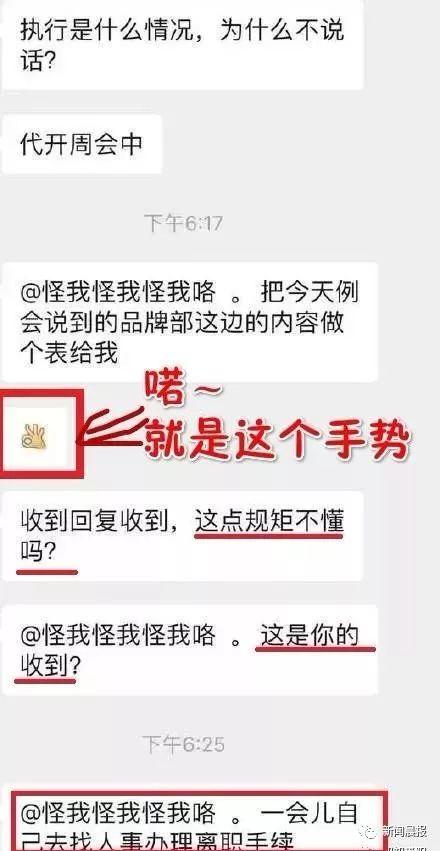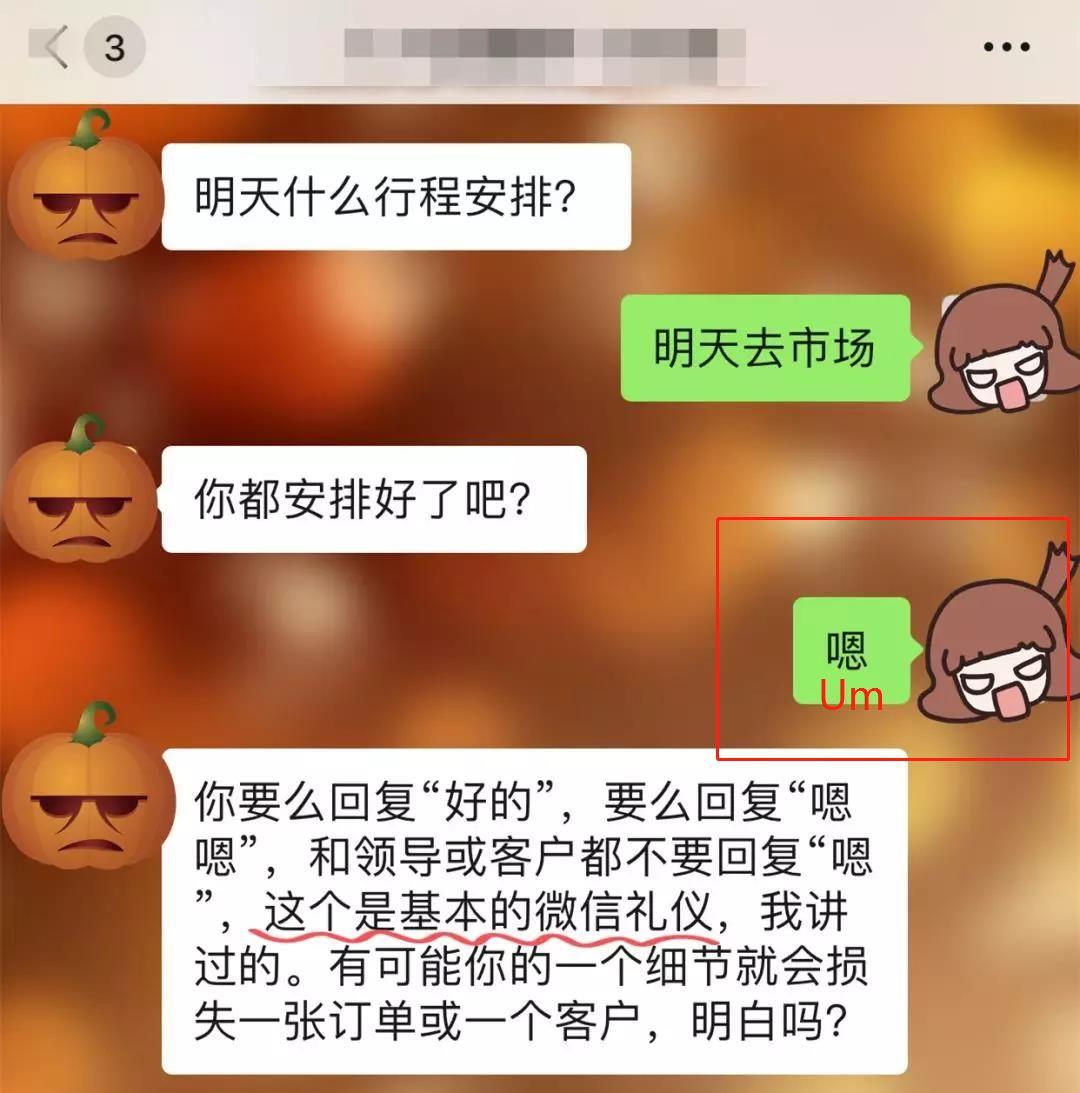An employee has been fired from a bar in Changsha, central China, after replying to her manager with an OK emoji on WeChat.

© Image | Google
The manager tagged the employee in the team’s WeChat group last week, asking her to send over some meeting documents, and took issue with her response.
“You should use text to reply to the message if you have received it, don’t you know the rules?” the manager replied. “Is this your acknowledgment of receipt?”
A few minutes later he told the employee to contact the human resources department and sort out her resignation.
“This is a real case, the resignation is still processing,” the employee told online media platform Btime. “I have worked for many years and this is my first encounter with this kind of stupid situation. I am good-tempered therefore I didn’t retaliate,” she said.

© Image | 新闻晨报
The woman said her colleagues agreed that the manager’s behavior had gone too far adding that, after the incident, he had sent out an official announcement to the group requesting everyone use ‘Roger’ when replying to messages.
Screenshots of the conversation went viral on microblogging site Weibo, with 290 million views for posts on the topic, and broad support among users for the employee.

© Image | 微博
Comments included: “Any reasons are valid if your boss wants to fire you”; “To be honest, I would not reply to his message” and, “I think a good leader should be able to accept different people’s communication styles and characteristics”.
“Of course this is an arbitrary reason to fire an employee,” said Wang Li-ping, a professor who specializes in management and human resources from the Renmin Business School.
“But this is what may happen in small and medium-sized companies as they may not have a comprehensive regulation or system related to this kind of situation.”

© Image | Google
This is not the first time Chinese employees have been accused by managers of “poor discipline” in their text messages.
Earlier this month, an employee was scolded for “lacking basic WeChat manners” for replying “Um” in Chinese, which means “noted”, according to a report in regional newspaper Chongqing Cheng Bao.


© Image | WeChat

